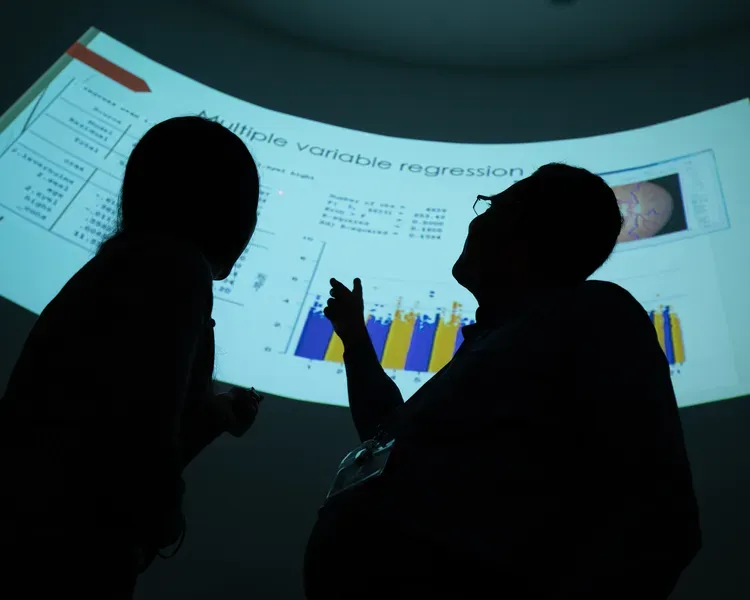Population Health and Genomics

We combine established, interdisciplinary expertise in epidemiology, genomics, clinical medicine, health screening, lifestyle interventions and data science to improve population health through data-driven research, exploring multimorbidity and health inequalities in socioeconomically disadvantaged communities.
Our division leverages extensive electronic health record (EHR) data, supported by the Health Informatics Centre (HIC), and research data to identify patterns of disease diagnoses, their treatments, and outcomes for the benefit of a healthier society. We take this research into practical community settings, improving patient care and integrating holistic care approaches.
Key areas of our research include:
- Clinical infection research and antimicrobial resistance, collaborating closely with NHS microbiology and virology laboratories;
- The role of the human microbiome, focusing on chronic non-infectious respiratory and gastrointestinal conditions, investigating the feasibility of targeting the microbiome to improve patient outcomes;
- The Chronic Pain Research Group has a focus on using precision medicine approaches to better understand pain mechanisms, risk factors, and vulnerability, and also on development of targeted interventions (both pharmacological and non-pharmacological);
- Pharmacoepidemiology projects on the use, risk and benefit of medicines and related interventions in human populations. This includes drugs, vaccines, biologics, medical procedures, and medical devices;
- Pioneering the use of genetics in routine NHS practice, with access to consented samples and healthcare data from over a quarter of a million people. They are highly active in international efforts to understand how genetic factors affect disease risk, and exploring pathways to turn genetic findings into new medications.
- Improving the care and outcomes of people with kidney diseases encompassing both acute kidney injury and chronic kidney disease, using linked healthcare data combined with mixed methods approaches.
- Advancing the understanding of breast cancer biology, the science of breast imaging, and improve patient experience in a programme closely integrated with the NHS screening services
- Health data science research developing advanced statistical modelling, and forward-thinking investigations of AI-driven diagnostics, and aiming to advance precision medicine and support personalised healthcare decisions by utilising robust inference techniques to enhance research in healthcare.
- Public Health spanning each of the domains of Health Improvement, Health Protection and Healthcare focusing on themes that improve population health outcomes, reduce the risk of future disease and promote advocacy for vulnerable groups, to reduce health inequalities.
Related teaching programmes
Our team
person

person

person

person
person
person

person

person

person

person

person

person

person

person

person

person

person
person

